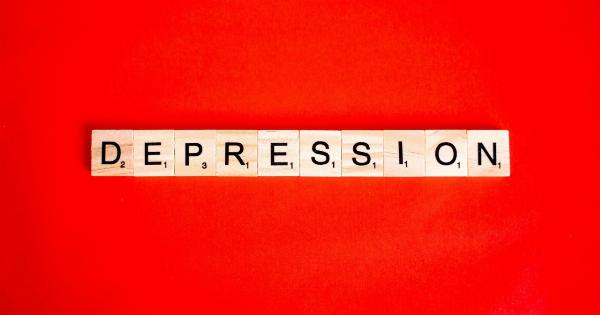Access to proper mental health treatment has become a critical issue across the world. The COVID-19 pandemic has only added to the problem, with many people now reporting increased anxiety, depression, and other mental health issues.
For years, the psychiatric community has been calling for a major overhaul of psychiatric care to provide patients with better access to top-quality treatment options.
Sadly, very little has been done to address this issue, despite the growing awareness of how important mental health is to overall well-being.
The Challenges Facing Psychiatric Care Today
One of the biggest challenges facing psychiatric care today is the lack of resources. Many mental health clinics are already overwhelmed, and the shortage of trained mental health professionals has only made things worse.
This lack of resources makes it difficult for people to access timely and effective mental health care.
Another challenge is the lack of proper funding. Too often, mental health services are underfunded, leading to inferior care and additional health problems.
This is especially true in rural areas, where access to care is often much more limited than in urban areas.
Finally, there is a severe lack of public awareness surrounding mental health. Stigma still surrounds mental illness, which prevents people from seeking the care they need.
Consequently, many people with mental health issues suffer alone, without access to vital support systems.
Possible Solutions to the Problem
There are a number of steps that can be taken to address the issue of inadequate psychiatric care. One of the most important is to increase funding for mental health services.
This would help ensure that patients have access to the care they need, regardless of their income or the area where they live.
In addition, there must be a focus on hiring and retaining mental health professionals.
The shortage of psychiatrists, therapists, and other mental health providers is a major problem, but offering competitive salaries and benefits could help attract more qualified candidates. This would help ensure that patients receive the highest-quality care possible.
Finally, there must be a greater public awareness about mental illness.
Breaking down the stigma surrounding mental illness and promoting the importance of mental health checkups would go a long way towards increasing the number of people seeking treatment. This would help reduce the number of people who suffer alone and without support.
Conclusion
The state of mental health care today is unacceptable. Too many people cannot access the care they need, which only leads to additional mental and physical health problems.
A major overhaul of psychiatric care is long overdue, and it is time for policymakers, healthcare professionals, and the general public to take action to improve this critical area of healthcare.



























